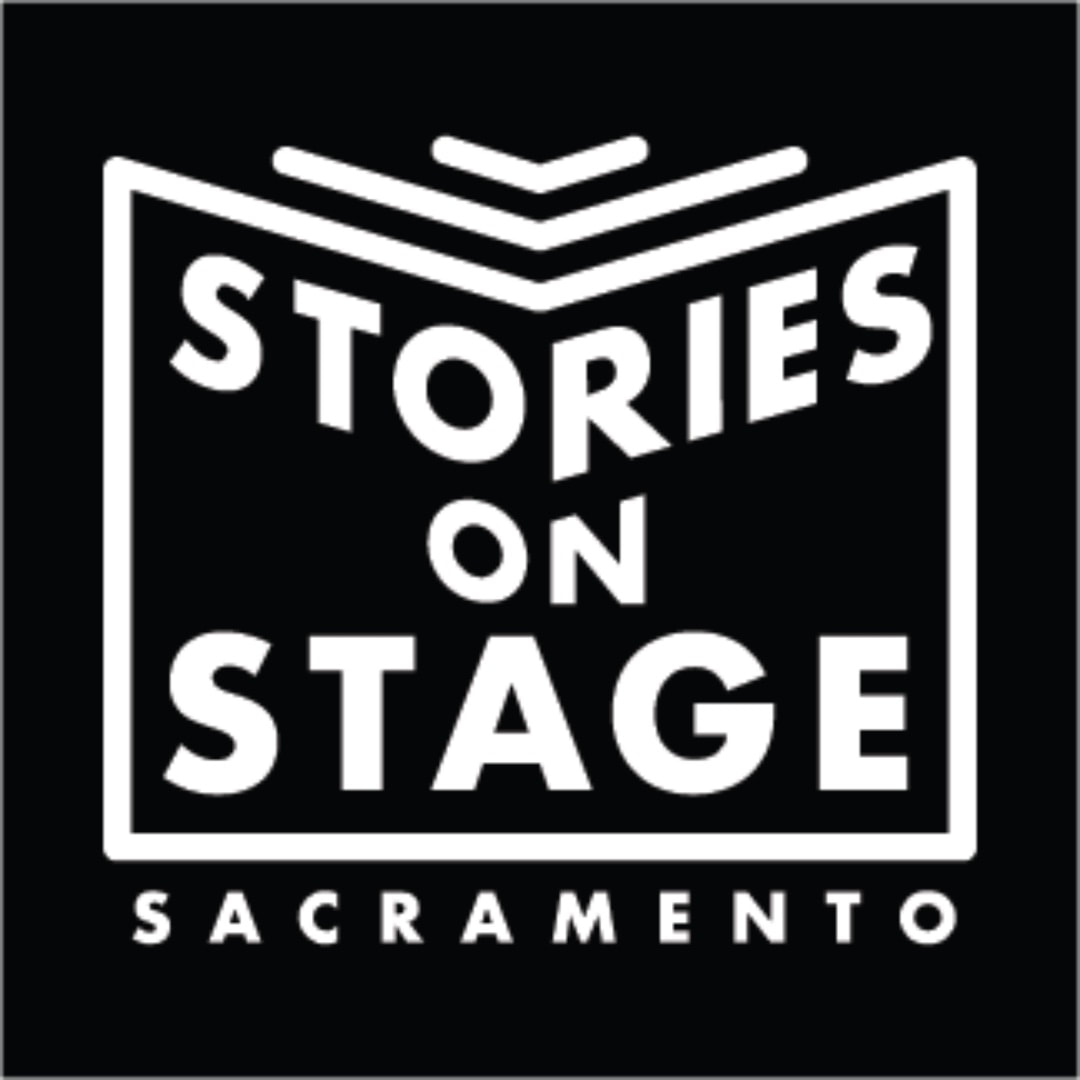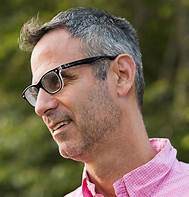 Author Debra Gwartney Author Debra Gwartney Debra Gwartney is a writer, teacher, and fifth generation Idahoan. She’s the author of two brilliant memoirs, the first of which, Live Through This, was a finalist for the National Book Critics’ Circle Award. Her latest book, I Am A Stranger Here Myself, won the 2018 River Teeth Nonfiction Prize, and blends history and memoir in a fascinating rumination on western womanhood. Segments from this memoir will be read and discussed at our online event on Saturday, July 19 at 5PM (register here). Debra teaches nonfiction at Pacific University’s MFA program, which I attended as a fiction writer, so I was acquainted with her but didn’t know her well, so I was excited to be asked to interview her. Particularly so, since I found I Am A Stranger Here Myself fascinating and impossible to put down – each page a revelation about a seminal Western icon, Narcissa Whitman, who was the first white woman to settle in the West. I loved how Debra braided Narcissa’s history with her own struggles to fit into the western culture she was born into. And even though our interview was an exchange of emails, her responses, like her book, were as fresh, breezy and candid as the wide open west she – with some reservations - calls home.
 Narcissa Whitman 1808 - 1847 Narcissa Whitman 1808 - 1847 DEBRA: Well, for a long time, I wasn’t seeing the parallels. I wasn’t willing to see the parallels. For a long time, I convinced myself she would be my nemesis, and I would be the more noble protagonist. I imagined I could play off her foibles and faults, and forgive myself, or dare I admit, celebrate myself, for not being the ideal woman of the West. Over many years of writing and research and revision and pounding my head against the corner of my desk in frustration, I realized that I had to start accepting her as a human being who had a fully developed and complicated emotional life, and not a sour statue of a woman, as I’d cast her. And, if I was going to explore a narrow and judgmental mind, it was going to have to be my own. It was a big moment, realizing that the movement of the book was going to include my hard-hearted “I” coming to know and feel some measure of compassion for Narcissa. I can’t forgive her role as colonizer, I can’t forgive her part in the slaughter of native people, but in the end she was a real woman, doing what she could to please those around her, and especially her God. Her God had oversized expectations. SUE: As I read this, I couldn’t help but relate it somewhat to today’s social upheaval, and awakening of awareness, about racial injustice and white privilege. What do you think Narcissa would make of all that? DEBRA: If Narcissa was alive today, her name would be Kelly Ann Conway. (here I break into giggles, but quickly decide not to veer into politics…ed.) SUE: How did you figure out how to wind the two stories – yours and Narcissa’s – together? DEBRA: It took those seven years of trying. So many readers told me it was never going to work. My attempts clunked and clanked. I nearly gave up on more occasions than I want to admit. Finally I decided, I’m just going to keep writing until the two stories talk to each other and begin to meld. I believe that’s what happened: I got out of the middle of it. Or at least I hope that’s what the reader gets out of reading the book. SUE: There’s a lot of hard truth about your own family in the book. What was their reaction to it? DEBRA: That’s complicated. Some read it and loved it. Some read it and were sad, and perhaps a little angry. Some read it and have been silent. I respect every one of those reactions. SUE: You’ve had terrific reviews, and of course the memoir is a prize-winner, but has there been any public reaction that surprised you? Any communication from a reader that stood out for you? DEBRA: I guess the several people who’ve contacted me with their own family Whitman-era stories. The woman who insisted her mother and the mother’s sisters had played with Narcissa’s trunk. . .the woman who is William Gray’s great-great granddaughter and is trying to reconcile his role in the Whitman fiasco. Others, too. The history of the West is still so alive out here—the people who reached out reminded me that Manifest Destiny is a fairly recent dimension of our national history, and so, so much remains unsolved about that time. SUE: You have such an intimate writing style – I feel as if I’m sitting with you and you’re telling me a long, complicated, and intriguing Western history you just happen to be tangled up with. I love the sense of discovery you bring to your writing about Narcissa and about yourself. Is this how you experience the writing of it? Or is that sense of discovery something more deliberate and technical? DEBRA: Thank you for that. It was very much a discovery, right up to the last day of writing and revising. I started with one intention and ended up going a whole other way. The letter Narcissa wrote to her father about her child’s death was a major turning point for me. When I read it, I realized the depth of her loneliness, her depression, and especially her wrenching grief, and I hurt for her. I knew then that she would be a pry bar for discoveries about my own loneliness, and the loneliness/grief of the women in my family. I told myself that every time I criticized Narcissa, I must turn that lens on myself. We were both women conditioned by our times, our families, our culture. Conditioned to be subservient to men and to hide our own pain. How does one move past that conditioning? That was my primary question for myself and I guess for her, though her own trap was inescapable, and she died a horrible, bloody death without the reckoning I believe she was aching for in some part of her being. SUE: I’ve got pages of notes after reading your book, but particularly words and phrases I wrote down. An unexpected word choice that made a fine sentence great: for instance, the lovely, old-fashioned use of ”philanderer” instead of cheat, used, I think to describe your great-grandfather? And “churned” the soil, instead of plowed it, which somehow speaks to the plower’s state of mind, as well as what he is doing. Your work is filled with such gems. Can you speak to your writing process, how you make these kinds of language decisions? DEBRA: The more I write, the more I’m interested in sound, cadence, rhythm. The way just the right image, or even a single word, can replace a page of explanation. I read poetry as I’m writing, a whole stack at my elbow, to remind myself of the marvel and economy of language. Sometimes, I’ll read an essay/memoir I admire, and I’ll write down every word that pops for me and just read through that list over and over, to feel the words in my mouth and in my body. I have a long way to go, and who knows if I’ll get there, but I’m giving myself more permission now to release whatever narrative I’m writing from what happened, and instead find a prose that I feel will ring like a bell in the reader’s mind. I’m learning to trust the resonance of the ringing bell to convey the emotional atmosphere, and I’m learning to trust that the reader will get it, in her own way. (for more of this – I hope you’ve signed up for Debra’s writing workshop! ed.)
Don't forget to register for our July performances with authors Sands Hall (July 17) and Debra Gwartney (July 18)Order I Am A Stranger Here Myself and Reclaiming My Decade Lost In Scientology from Capitol Books in Sacramento, Powell Books in Portland, Bookshop and elsewhere! Support our independent bookstores and small businesses! 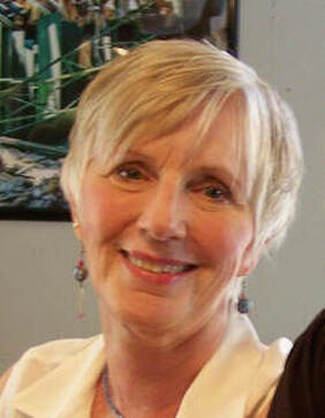 Author, Sue Staats Author, Sue Staats Sue Staats is a Sacramento writer. She directed Stories on Stage Sacramento for six years, from 2013 to 2019, and now contributes interviews and blog posts to the website, and cookies to the events. She’s currently looking for a home for her short story collection and getting her feet wet in a couple of other projects, with the hope that eventually one of them will draw her into deeper waters. Sue's fiction and poetry have been published in The Los Angeles Review, Graze Magazine, Tulip Tree Review, Farallon Review, Tule Review, Late Peaches: Poems by Sacramento Poets, Sacramento Voices, and others. She earned an MFA from Pacific University, and was a finalist for the Gulf Coast Prize in Fiction and the Nisqually Prize in Fiction. Her stories have been performed at Stories on Stage Sacramento and Stories on Stage Davis, and at the SF Bay-area reading series “Why There Are Words.”
0 Comments
Leave a Reply. |
|
Who We AreLiterature. Live!
Stories on Stage Sacramento is an award-winning, nonprofit literary performance series featuring stories by local, national and international authors performed aloud by professional actors. Designated as Best of the City 2019 by Sactown Magazine and Best Virtual Music or Entertainment Experience of 2021 by Sacramento Magazine. |
|
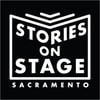
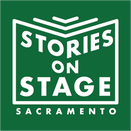
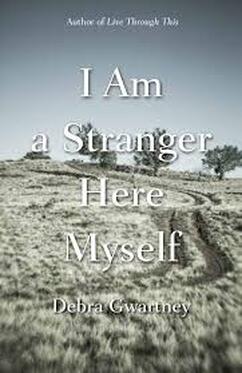
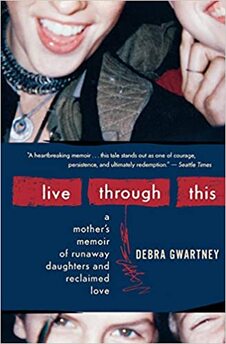

 RSS Feed
RSS Feed
